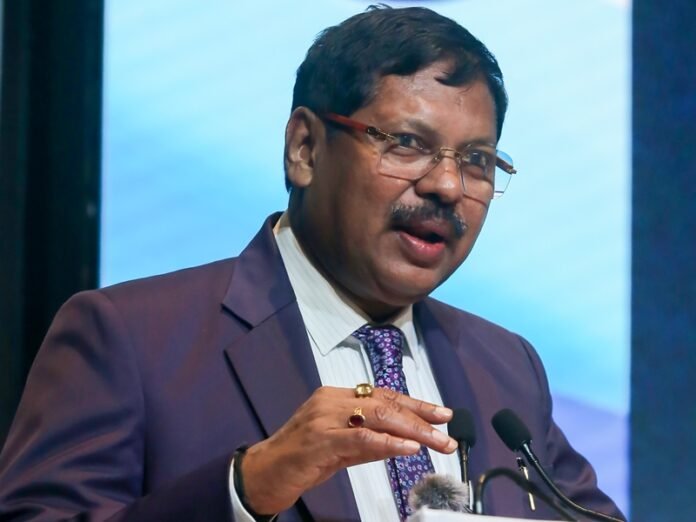New Delhi, Nov 23 (LatestNewsX) – Chief Justice of India B.R. Gavai, who will step down from the nation’s top judicial post on 23 November, made it clear to reporters that he has no plans to take up a government role once he retires.
Speaking with journalists, Gavai offered a range of key insights covering judicial independence, the reservation scheme, social media’s influence, and an opinion the Supreme Court recently released on the Presidential reference.
After retiring, the Chief Justice said he intends to give himself “10 days of rest” before mapping out his next phase of life, but stressed that his commitment to public service would remain unchanged.
“Social work is in our blood… I plan to dedicate myself to tribal communities,” he added.
Addressing the need for reservation reforms, Gavai urged that the creamy‑layer rule be applied to SC/ST quotas as well, so that affirmative action truly benefits those in genuine need.
When asked about Justice Yashwant Varma, he declined to comment, noting that the matter is now under Parliament’s jurisdiction.
The question of whether an FIR should be immediately filed if cash is discovered at a judge’s residence, or if such cases require the Chief Justice’s approval, also met with a refusal to respond.
Gavai expressed worry over the distortions created by online platforms, observing that social media has become “a problem” not just for the judiciary but for all branches of government.
“There are situations where even the unsaid is recorded, shown, and made public,” he remarked.
He dismissed the notion that a judge who rules in favor of the government has lost independence, arguing that such a statement is incorrect.
Concerning the Supreme Court’s recent opinion on the Presidential reference regarding bills pending before governors and the president, Gavai clarified that the Constitution Bench did not overturn prior rulings by a two‑judge bench.
“We have not abandoned the earlier decision; we simply clarified what the constitutional framework entails going forward,” he explained.
These remarks followed the ceremonial bench proceedings a day earlier, during which Gavai highlighted the court’s adoption of a “Swadeshi interpretation” in its latest Constitution Bench judgment.
In response to Solicitor General Tushar Mehta’s comment that “a fresh breeze of Indian‑ness has begun to flow in the judgments,” the Chief Justice said on Friday: “In yesterday’s judgment, we drew on no foreign precedent and employed a Swadeshi interpretation.”
S‑G Mehta, the second‑highest law officer at the Centre, praised the bench for clearly delineating India’s constitutional framework from that of the United States and the United Kingdom.
“Your Lordships affirmed that we have our own jurisprudence, and the judgment addressed everything in just 110 pages. It’s a new approach. A judgment should be a judgment, not a law‑review article,” he concluded.
Stay informed on all the latest news, real-time breaking news updates, and follow all the important headlines in world News on Latest NewsX. Follow us on social media Facebook, Twitter(X), Gettr and subscribe our Youtube Channel.


